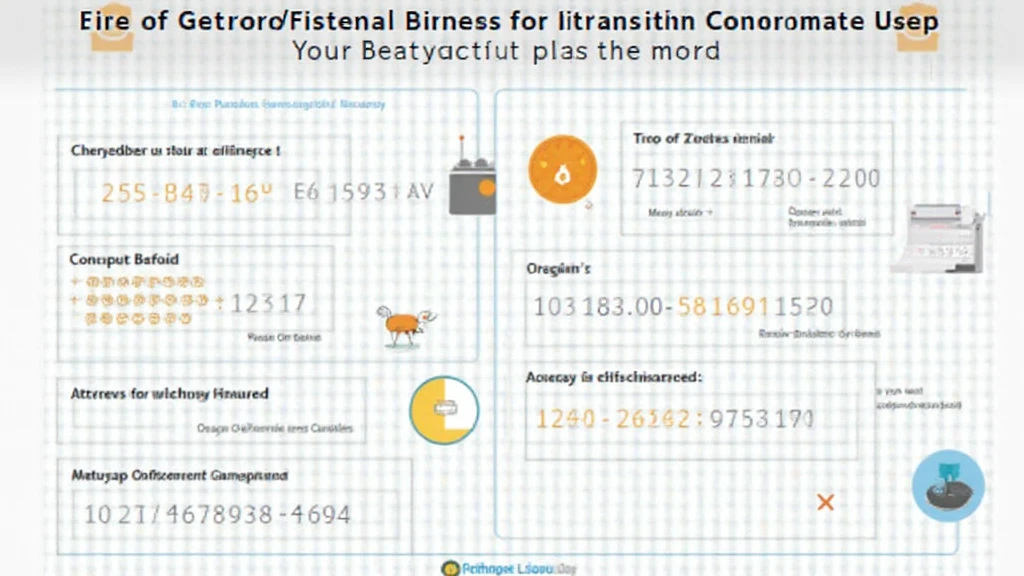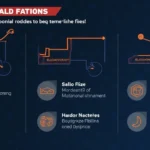Understanding Bitcoin Transaction Confirmation Time: A Comprehensive Guide
With cryptocurrency becoming a pivotal part of the global economy, understanding the mechanisms that drive it is crucial. One of these mechanisms, the Bitcoin transaction confirmation time, plays a vital role in how users engage with digital currencies. In 2024, the average confirmation time reached about 10 minutes, yet fluctuated based on network load and transaction fees.
What is Bitcoin Transaction Confirmation Time?
The Bitcoin transaction confirmation time refers to the duration required for a transaction to be verified and included in a block on the Bitcoin blockchain. Once verified, it indicates that the network has confirmed the validity of a transaction and that it can be considered final. This time generally averages around 10 minutes but can vary significantly under different conditions.
Why is Confirmation Time Important?
- Security: A longer confirmation time may indicate a network under stress, which can raise concerns about security and transaction validity.
- Transaction Fees: Users can expedite their transactions by paying higher fees, which incentivize miners to prioritize their transactions.
Factors Influencing Transaction Confirmation Time
Let’s break down the elements affecting confirmation times:

- Network Congestion: During peak transaction times, such as market surges or global events, the network can become congested. This scenario can lead to longer waiting times for confirmations.
- Transaction Fees: Miners prioritize transactions with higher fees. Users willing to pay more may see faster confirmation times, while those opting for lower fees may experience delays.
- Block Size: The Bitcoin network has a block size limit of 1MB, meaning that only a finite number of transactions can be included in each block. This directly affects how many transactions can be confirmed in a given timeframe.
Strategies to Improve Bitcoin Transaction Times
Users can adopt several strategies to enhance their transaction confirmation times:
- Paying Higher Fees: Setting a higher transaction fee can significantly reduce the time it takes for a transaction to be confirmed.
- Using Segregated Witness (SegWit): This technology separates transaction signatures from the transaction data, allowing for more data to fit in each block, thereby improving confirmation rates.
- Timing Transactions: Conducting transactions during off-peak hours can improve your chances of a quicker confirmation time.
Bitcoin Confirmation Time vs Other Cryptocurrencies
Compared to many other cryptocurrencies, Bitcoin’s confirmation time can be relatively slow. For instance, Ethereum generally experiences confirmation times between 5 to 15 seconds, making it a more appealing choice for those who prioritize speed. However, the trade-off often comes in the form of security and decentralization:
- Bitcoin: Average 10 minutes – Higher security and decentralization.
- Ethereum: Average 15 seconds – Faster but can be more centralized.
Real-World Implications of Confirmation Times
Understanding confirmation times is essential for businesses and consumers alike. For e-commerce businesses accepting Bitcoin, longer confirmation times can hinder transaction fluidity and customer satisfaction. On the other hand, businesses accepting instant payment solutions like Bitcoin Cash or Litecoin may benefit from more rapid transaction processes.
The Vietnamese Market Context
As the cryptocurrency market continues to grow, Vietnam has seen a substantial uptick in digital asset adoption. The Vietnamese user growth rate in cryptocurrency reached approximately 37% in 2024, with Bitcoin being at the forefront. A quick confirmation time is critical in encouraging user participation in the crypto market, particularly for younger generations.
Future of Bitcoin Confirmation Times
Looking forward, several improvements can enhance Bitcoin’s transaction confirmation times:
- Lightning Network: This second-layer solution enables faster transactions and helps prevent network congestion.
- Protocol Updates: Future updates to the Bitcoin protocol may introduce further efficiencies that could optimize confirmation times.
Conclusion
In a constantly evolving digital landscape, understanding the Bitcoin transaction confirmation time is vital. With its effects resonating through user experience, transaction security, and market efficiency, grasping this concept can guide users in making informed decisions. As technology advances, the future of transaction times looks promising, paving the way for a more seamless cryptocurrency experience, especially in rapidly growing markets like Vietnam.
For more insights on cryptocurrency transaction times and security, visit hibt.com.
Author:** Dr. John Smith, is an expert in blockchain technology with numerous publications in digital finance. He has led major projects on auditing cryptocurrency exchanges and remains a thought leader in blockchain innovations.







